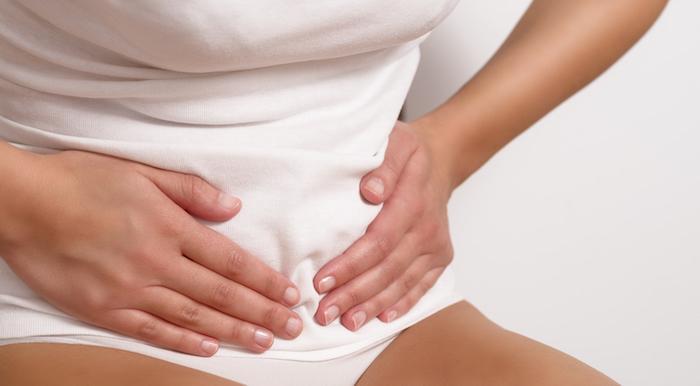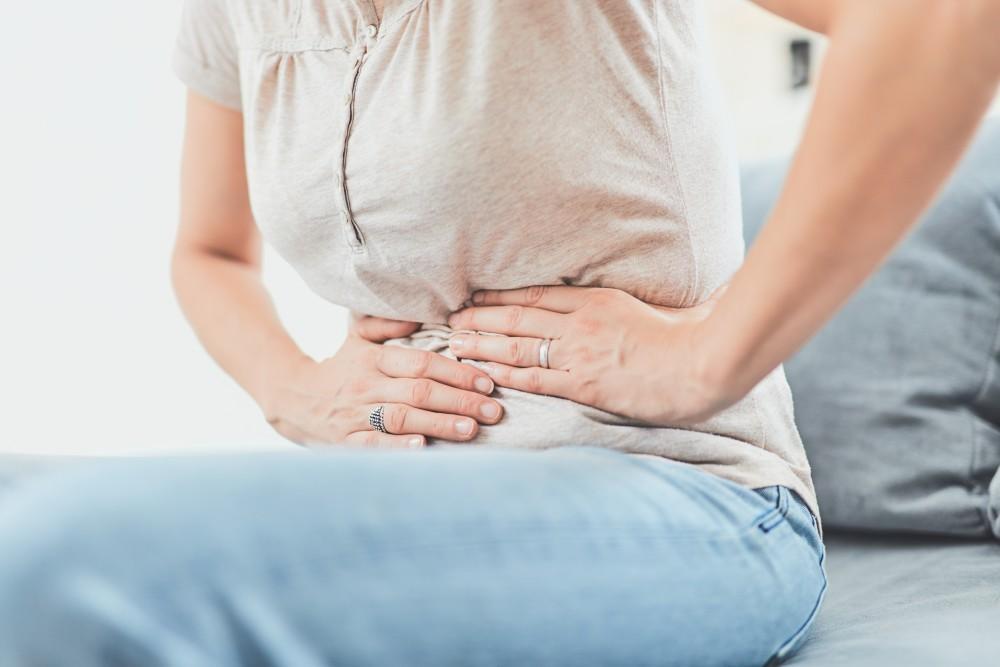
The Good News About Uterine Fibroids
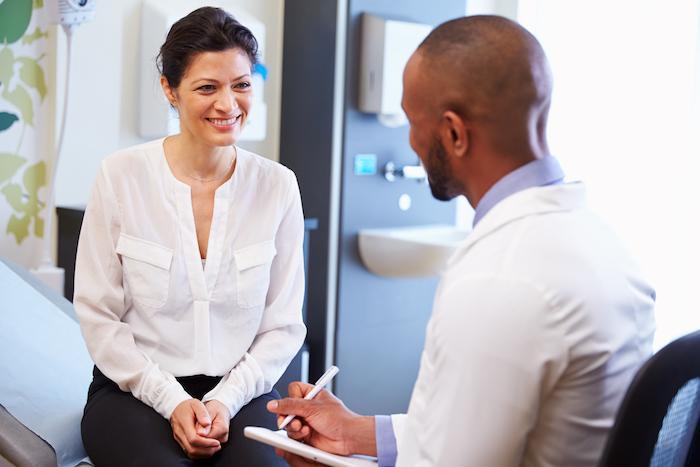
If you’re worried about uterine fibroids, you’re not alone. Up to 80% of women can develop fibroids by age 50. Whether you have been diagnosed or are concerned you may have them, you may be thinking about the negative effects fibroids can have on your life.
At Alate Health in Houston, Texas, our practice specializes in diagnosing and treating uterine fibroids. Our providers are also committed to providing women with information about fibroids so they can better understand how to prevent them from developing or growing.
Our providers want you to know that not all news about fibroids is bad news. So here’s the good news about uterine fibroids.
Fibroids aren’t cancer
Uterine fibroids are tumors formed from fibrous tissue in your uterus, the uterine wall, or outside the uterus (in rare cases). However, they are not cancerous. These tumors can vary in size, from the size of a tiny seed to bigger than a baseball.
Although the word “tumor” leads most people to think of cancer, the reality is that less than one in 1,000 fibroids have cancer cells. And, to ease your mind even more, the presence of fibroids does not increase your risk of getting cancer, even uterine cancer.
Fibroids don’t always cause problematic symptoms
For some women, fibroid symptoms can disrupt their everyday lives. However, everyone experiences uterine fibroids in their unique way. Depending on the location and size of your fibroids, you may not have any noticeable symptoms.
If you have problematic symptoms impacting daily life, it is time to get a fibroid evaluation by a specialist like ours at Alate Health. These symptoms may include:
- Lower back pain
- Constipation
- Period and bleeding issues
- Frequent urination
Fibroids can also cause painful sexual intercourse.
Diet plays a role in fibroid prevention and management
According to research, the development of uterine fibroids is linked to high estrogen levels in the body. Eating too many foods that increase your body’s natural estrogen levels may increase your risk of getting fibroids or worsening existing ones.
The good news is that you can eat unprocessed, plant-based foods to help balance your hormones. These include fruits, vegetables, nuts, seeds, beans, legumes, and whole grains.
Research is ongoing, but studies have discovered a high correlation between a reduction in fibroids and diets high in green vegetables and unprocessed plant-based foods.
Fibroids don’t always cause infertility
If you’ve struggled to conceive or maintain a pregnancy, you may wonder if uterine fibroids are the culprit. However, only 2-3% of women struggle with fertility solely due to fibroids.
When fibroids contribute to infertility, it is because of their size and location in the uterus. They can create changes that may prevent pregnancy in these cases. These include:
- Preventing sperm from entering the uterus
- Limiting the mobility of sperm
- Causing the shape of the uterus to change
- Preventing or limiting access to fallopian tubes
- Reducing blood supply for implantation
If you’re concerned about fibroids affecting fertility, reach out to the team at Alate Health. Your provider can improve your chances of conceiving with early treatment and intervention.
You may not need surgery
Often, women think the only way to treat fibroids is a hysterectomy. But the truth is many treatments can help you manage your fibroids. And, in some cases where fibroids don’t cause troublesome symptoms, you may not need any treatment.
At Alate Health, we provide a minimally invasive procedure called uterine fibroid embolization (UFE) that safely and effectively shrinks fibroids.
To learn more about uterine fibroids, UFE, and how the team at Alate Health can help, contact us to set up a free consultation by calling the Houston office nearest you or using our online tool to schedule an appointment today.
You Might Also Enjoy...

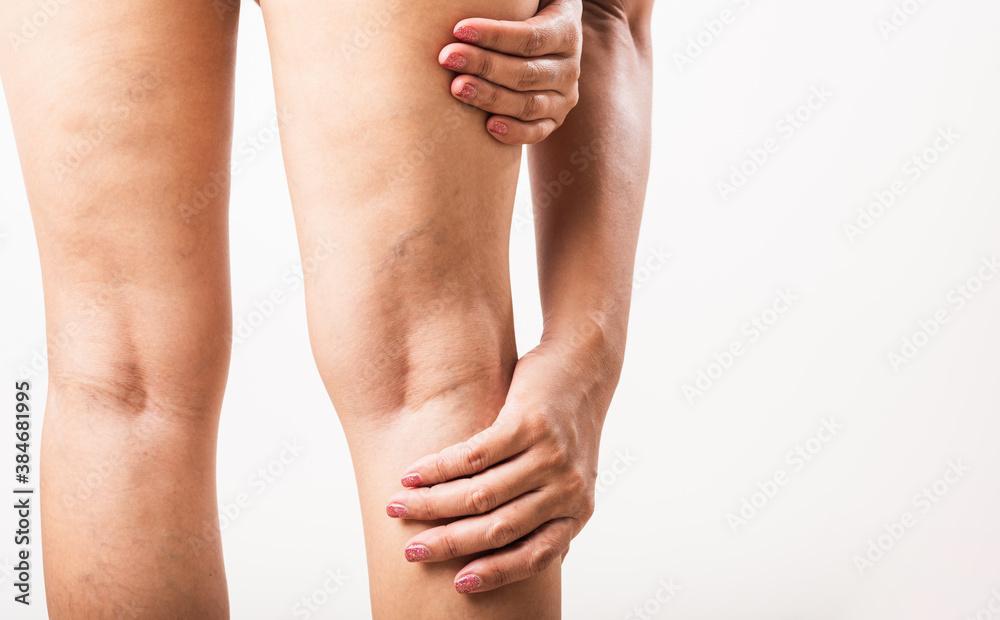
I'm Nervous About My Upcoming VenaSealTM Procedure

Telehealth: The Advantages of Telemedicine
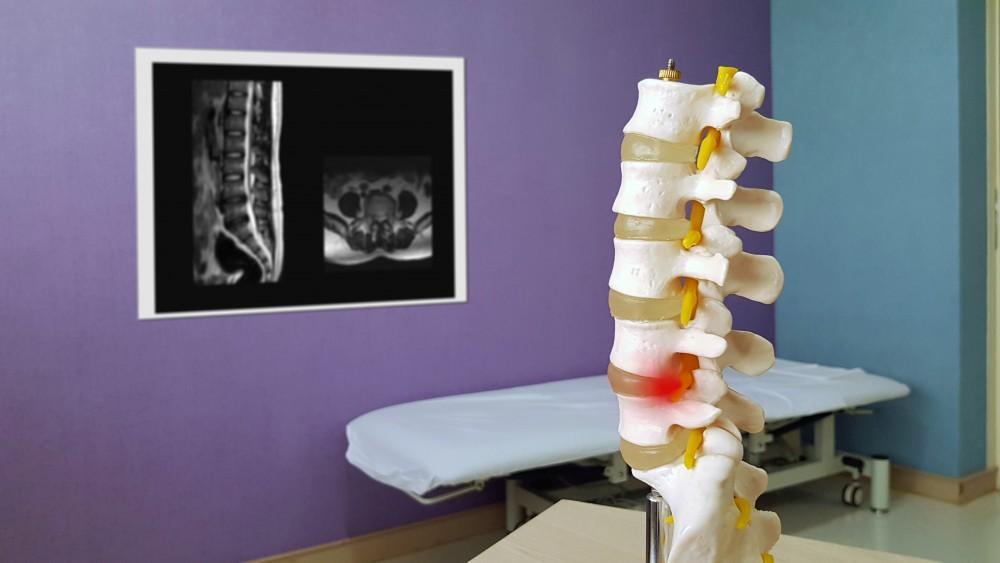
What Caused My Spinal Stenosis?
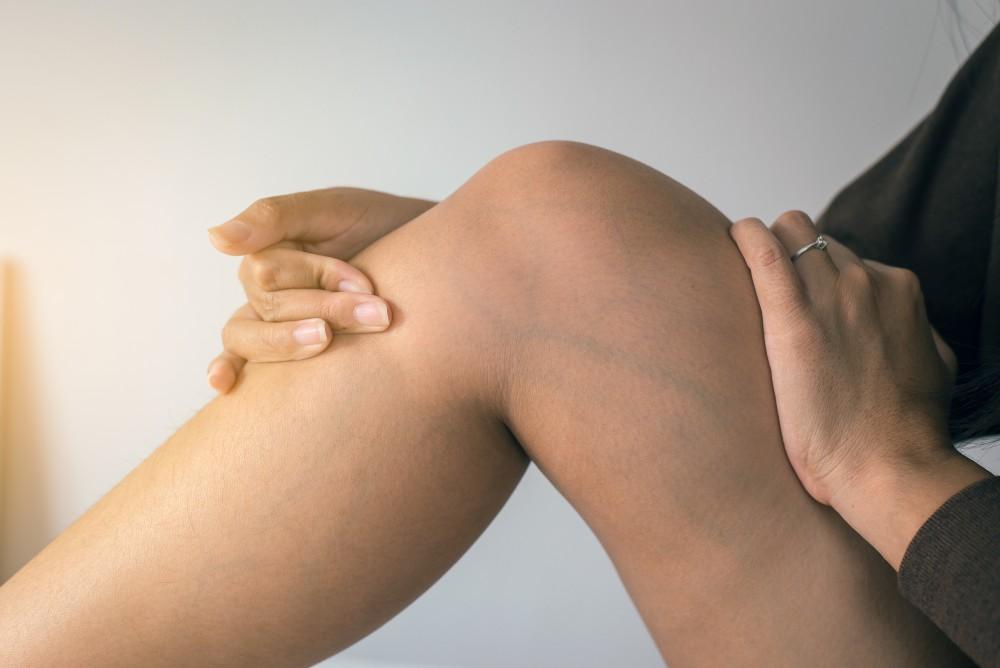
I'm Embarrassed About My Varicose Veins
